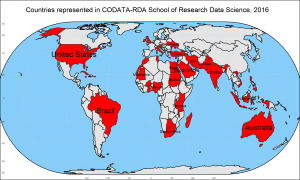This post was written by Elias P.M. Mwakilama, Serving as the deputy head and Coordinator of  Research, Seminar and Consultancies in the Mathematical Sciences Department at University of Malawi-Chancellor College, Elias Mwakilama is a young computational and applied mathematician in the field of operations research. Elias recently attended the CODATA-RDA School of Research Data Science, hosted at ICTP, near Trieste, Italy – his participation was kindly supported by ACU.
Research, Seminar and Consultancies in the Mathematical Sciences Department at University of Malawi-Chancellor College, Elias Mwakilama is a young computational and applied mathematician in the field of operations research. Elias recently attended the CODATA-RDA School of Research Data Science, hosted at ICTP, near Trieste, Italy – his participation was kindly supported by ACU.

This report seeks to highlight key beneficial outcomes and recommendations based on the international summer on CODATA-RDA research data science school that I attended at ICTP, Trieste-Italy from 1st to 12th August, 2016 with financial support on travelling and lodging from the Association of Commonwealth Universities (ACU).
First and foremost, I must sincerely thank the school organizing committee for providing a positive answer to my application and for taking such an initiative to seek funding opportunities from ACU. I also thank ACU for providing such funding. I do not take that for granted.
Overall, the summer school was well organized as it brought together early career leading scientists across the world to discuss scientific ideas on importance of data sharing in scientific research from computational and applied statistics perspective in enhancing the scientific and technological capacity of developing countries.
Considering the fact that there exist issues of ethics and confidentiality in data handling, we need to seek means of protecting such data and promote spirit of sharing and publishing among us research scientists so as to cut down costs of replication or duplication of data collection and analysis processes. As such, it is relevant to seek for the right platforms for ensuring quality data handling and sharing in form of well-organized schools such as ICTP CODATA, networking and collaborations. Across the globe, mainly in Africa, financial support for early leading career scientist to attend to or participate in such research platforms and events remains a barrier. However, provision of research funds from scientific institutions such as ICTP-Trieste campus and The Association of Commonwealth Universities assists such financially challenged young leading scientists who consider internationally and locally organized research schools as a platform of the great learning and development of their opportunities. It is through support from institutions such ACU that I had access to the CODATA-RDA research school in my field and the chance to meet influential people who have shown interest to collaborate with and share data for scientific research and policy analysis.
By working closely with leading academics and invited guests at such school, I was exposed to a number of data programming skills which are of genuine and practical importance to my field of computational and applied mathematics in operations research. I have already begun using such skills in my academic research and also when teaching undergraduate students in our institution, Chancellor College. For instance, programming languages such as R-studio and Open source languages have aided me in successfully handling my fourth undergraduate course in Mathematics research.
Besides, being a pioneer of a newly established Mathematics and Statistics research group, Fibonacci Research Group (FRG) in our department (Mathematical Sciences), the summer school has assisted both me and the group in establishing research links with other academic applied statisticians which can develop far beyond the problem posed by the industry in Malawi to our existing research group. Leadership skills learnt from the summer school by observing the way the moderators coordinated their work on the problem and skills in presenting research material and in scientific communication would be used in coordinating research projects in the research group for the entire group benefits.
The summer school has also provided me with an opportunity to work on problems of genuine practical importance and do good computational mathematics in the process of designing new research areas that can be opened up leading to publications and new research collaborations. Skills acquired from the school would also provide an opportunity to our research group by applying knowledge and skills to significant practical problems and then stimulate in industry the awareness of the power of data sharing in statistical modeling and scientific computing.
With these many remarks, I therefore encourage your office to continue supporting young African early scientists through provision of similar financial support so as to develop our continent, in particular developing countries such as Malawi. I also wish to request for an idea of establishing more data sharing and analysis scientific centres such as ICTP in Africa where more early career research scientists such as myself could be able to get similar trainings at low costs and easier. I attach a certificate of participation that I got from the ICTP-CODATA RDA School of research science as an evidence of my full attendance and participation at the school.
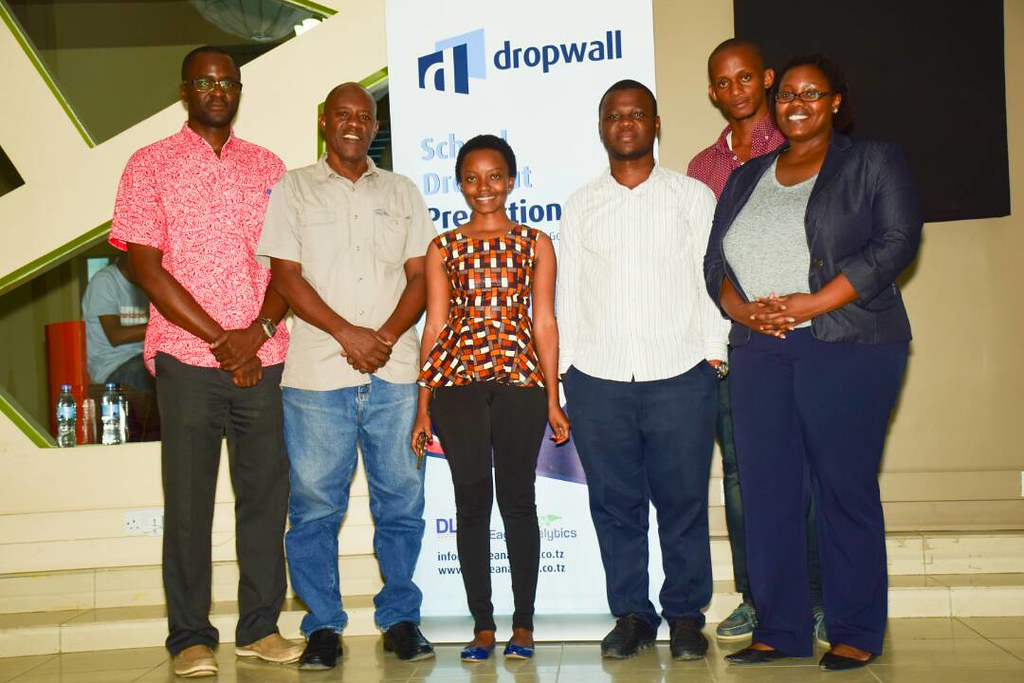

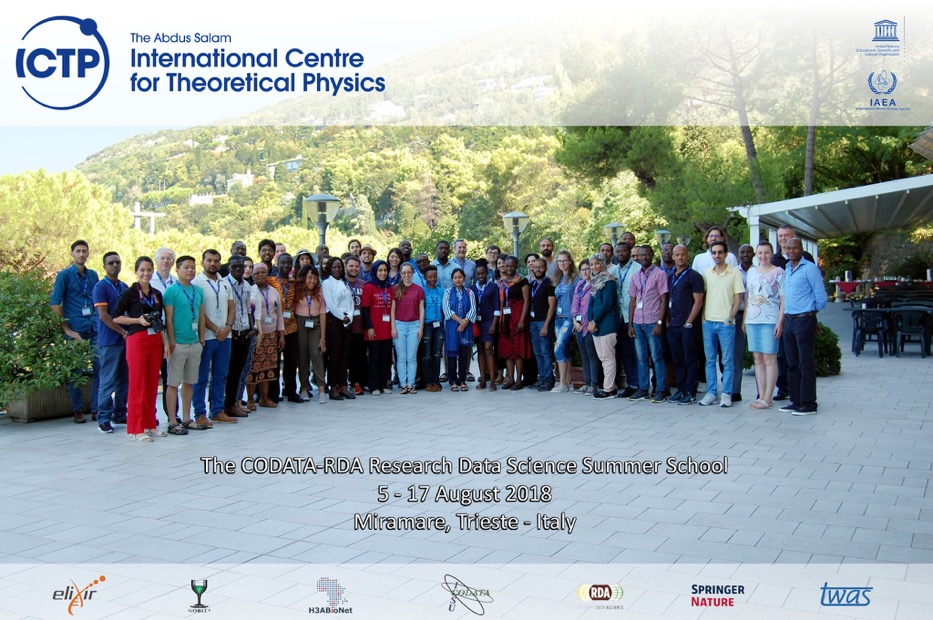
 My PhD journey has been great so far, apart from the sleepless nights (totally worth it though!). Last year I attended different events in USA, it was a great exposure, and I enjoyed both the scientific and the social programmes. I was looking forward to find new opportunities and travel elsewhere to learn new experience and extend my existing network.
My PhD journey has been great so far, apart from the sleepless nights (totally worth it though!). Last year I attended different events in USA, it was a great exposure, and I enjoyed both the scientific and the social programmes. I was looking forward to find new opportunities and travel elsewhere to learn new experience and extend my existing network. In June, 2018 I received an invitation to attend the
In June, 2018 I received an invitation to attend the 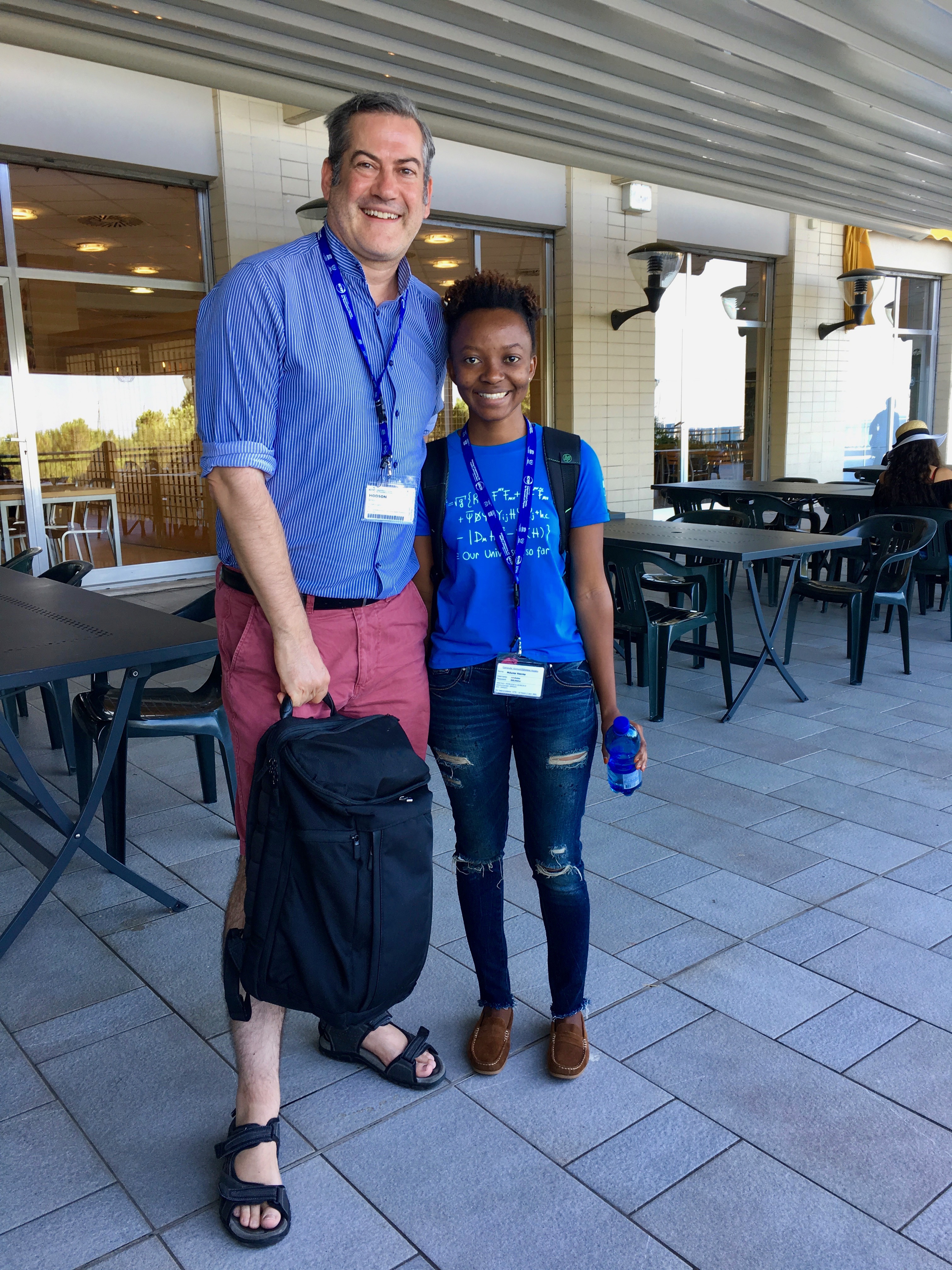 The level of engagement and interaction between participants and instructors in this summer school was outstanding, helpers were always there to provide technical assistance. I was exposed to useful Machine Learning techniques that I will apply in my ongoing study. The Executive Director of CODATA, Simon Hodson presented to us various opportunities such as CODATA journal and many others.
The level of engagement and interaction between participants and instructors in this summer school was outstanding, helpers were always there to provide technical assistance. I was exposed to useful Machine Learning techniques that I will apply in my ongoing study. The Executive Director of CODATA, Simon Hodson presented to us various opportunities such as CODATA journal and many others.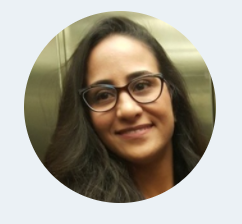 Sara El Jadid has been a student then a helper at the CODATA-RDA Research Data Science Schools #DataTrieste and #DataSaoPaulo. She has recently blogged about her experience on the Springer Nature Research Data Blog.
Sara El Jadid has been a student then a helper at the CODATA-RDA Research Data Science Schools #DataTrieste and #DataSaoPaulo. She has recently blogged about her experience on the Springer Nature Research Data Blog.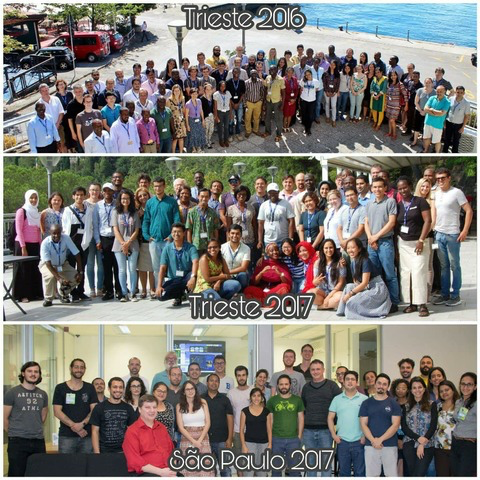
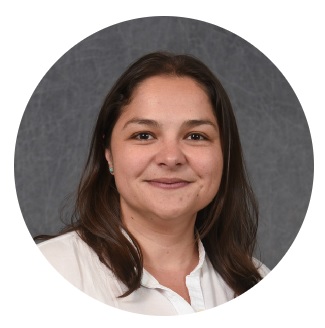 Marcela Alfaro Córdoba
Marcela Alfaro Córdoba 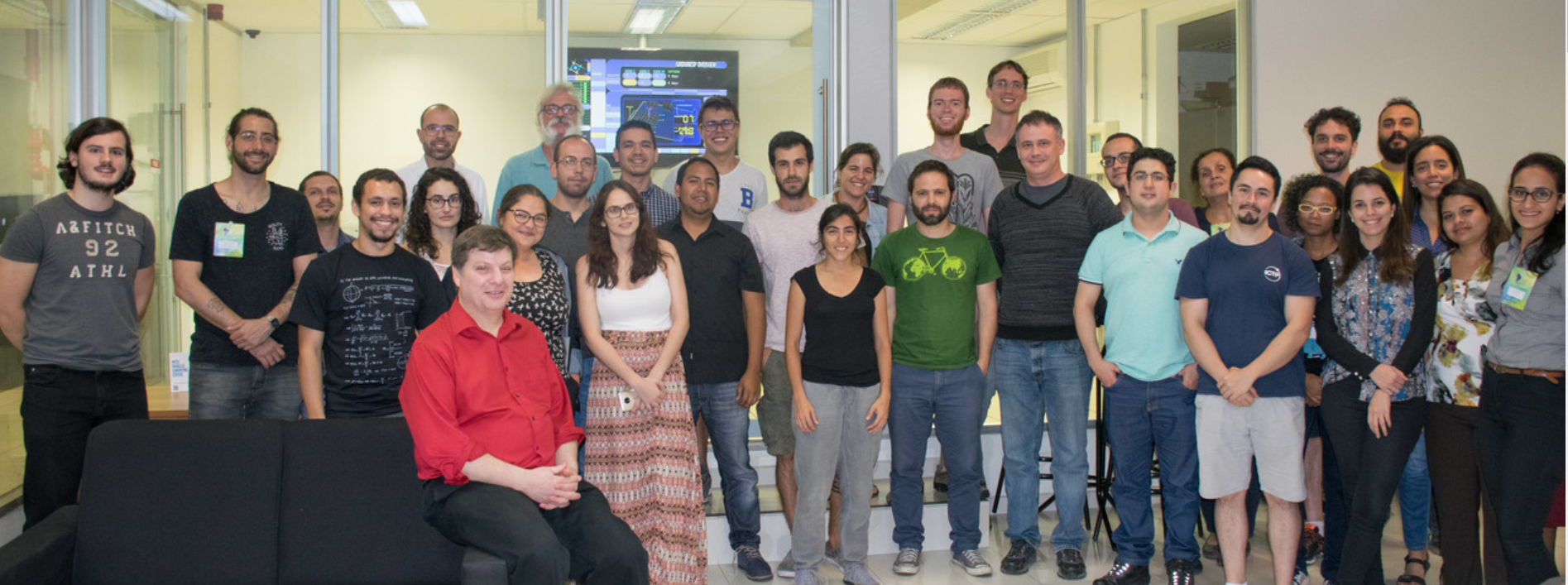


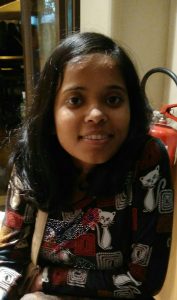 This post was written by Niharika Gujela, who has a B.Tech in IT from Delhi Technological University, India. Niharika recently attended the CODATA-RDA School of Research Data Science, hosted at ICTP, near Trieste, Italy – her participation was kindly supported by ICTP and TWAS.
This post was written by Niharika Gujela, who has a B.Tech in IT from Delhi Technological University, India. Niharika recently attended the CODATA-RDA School of Research Data Science, hosted at ICTP, near Trieste, Italy – her participation was kindly supported by ICTP and TWAS.

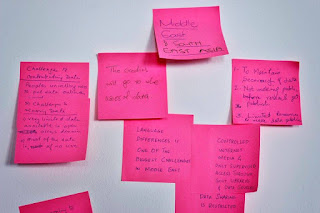




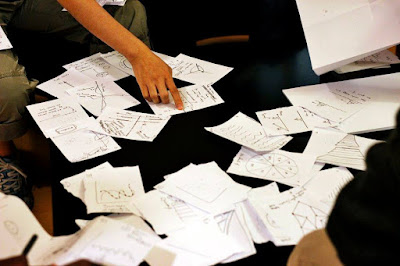

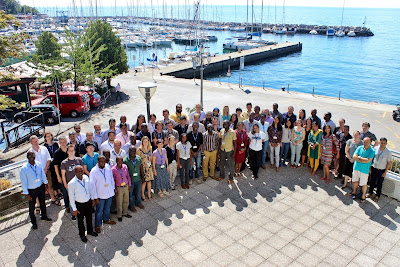
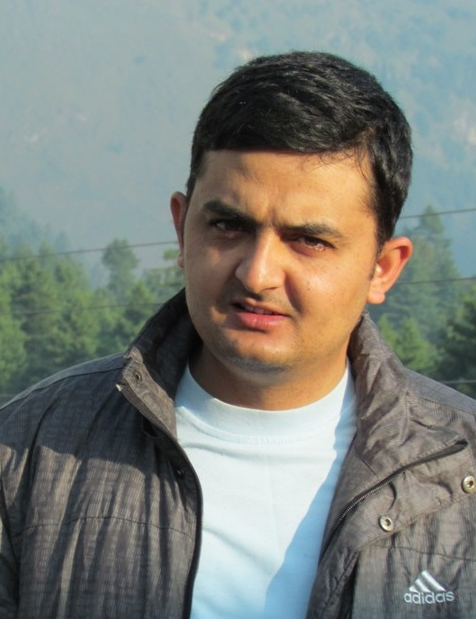 This post was written by
This post was written by 

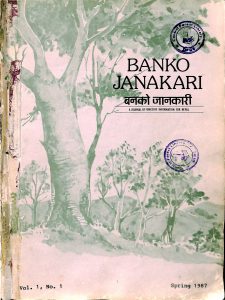 Research and Survey (
Research and Survey (